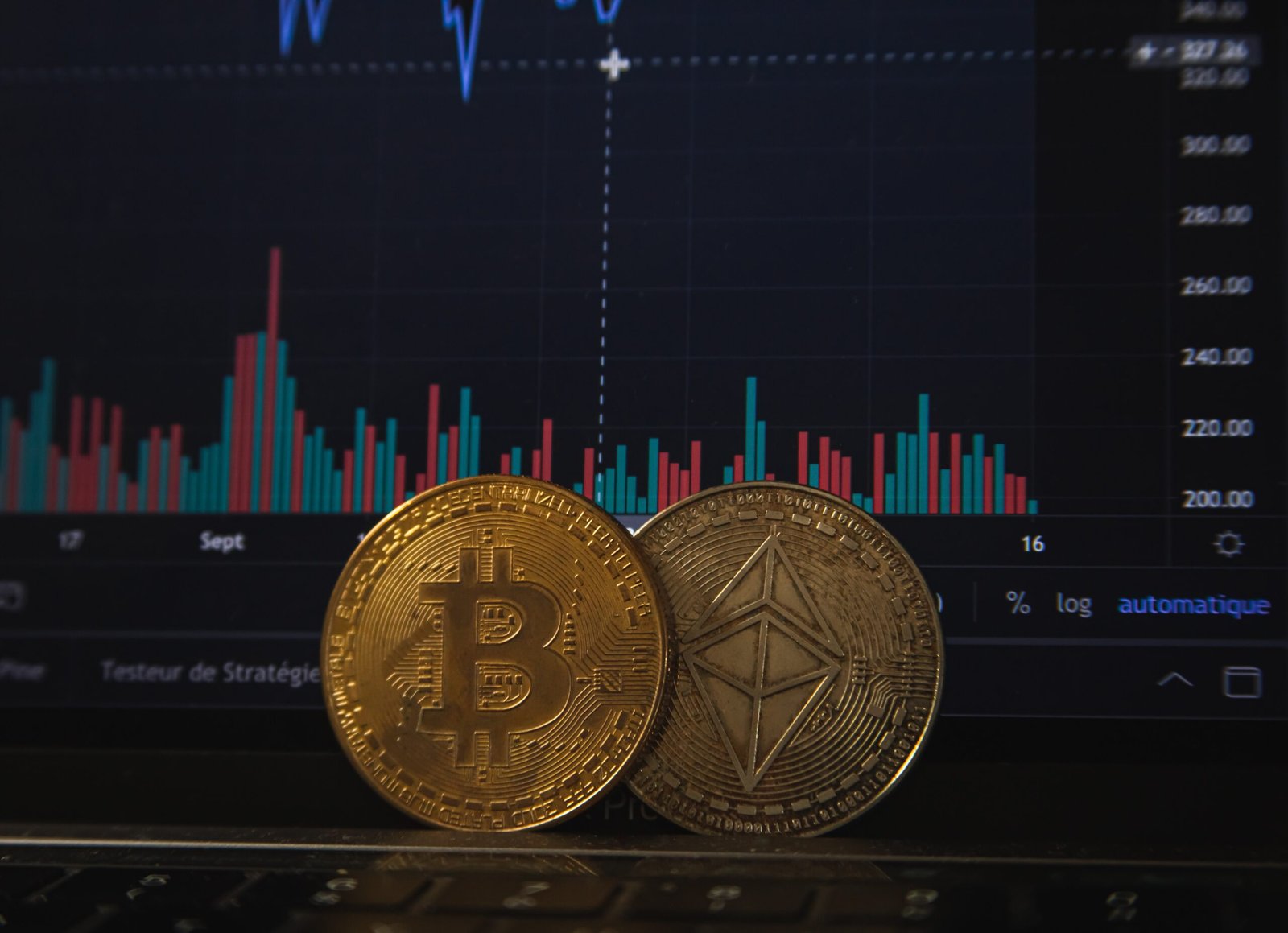The Impact of AI on Programming
Artificial Intelligence (AI) has been making waves in various industries, and programming is no exception. AI-powered tools and platforms are revolutionizing the way developers write code, debug, and test software. With AI, developers can now automate repetitive tasks, get intelligent code suggestions, and even generate code snippets based on a given problem statement. This not only enhances productivity but also allows developers to focus on more complex and creative aspects of programming.
Furthermore, AI is enabling the creation of smarter and more efficient software. AI algorithms have the ability to analyze large amounts of data and learn from them, enabling the development of self-learning systems. These systems can adapt and improve over time, making them more intelligent and capable of solving complex problems.
The Rise of Low-Code and No-Code Development
Gone are the days when programming was limited to software developers only. The rise of low-code and no-code development platforms has democratized programming, allowing people with little to no coding experience to build their own applications.
Low-code and no-code platforms provide intuitive visual interfaces, drag-and-drop functionality, and pre-built components, enabling users to create applications using a visual development approach. This eliminates the need for writing extensive lines of code, making it easier and faster to develop applications.
The Emergence of Blockchain Development
Blockchain technology is not limited to cryptocurrencies like Bitcoin. It has the potential to disrupt various industries, and programming is at the forefront of this disruption. The demand for blockchain developers is growing rapidly, as companies recognize the benefits of decentralized, transparent, and secure systems.
Blockchain developers specialize in creating decentralized applications (dApps) and smart contracts using blockchain platforms like Ethereum. These developers are responsible for writing code that ensures data integrity, immutability, and security within the blockchain network.
